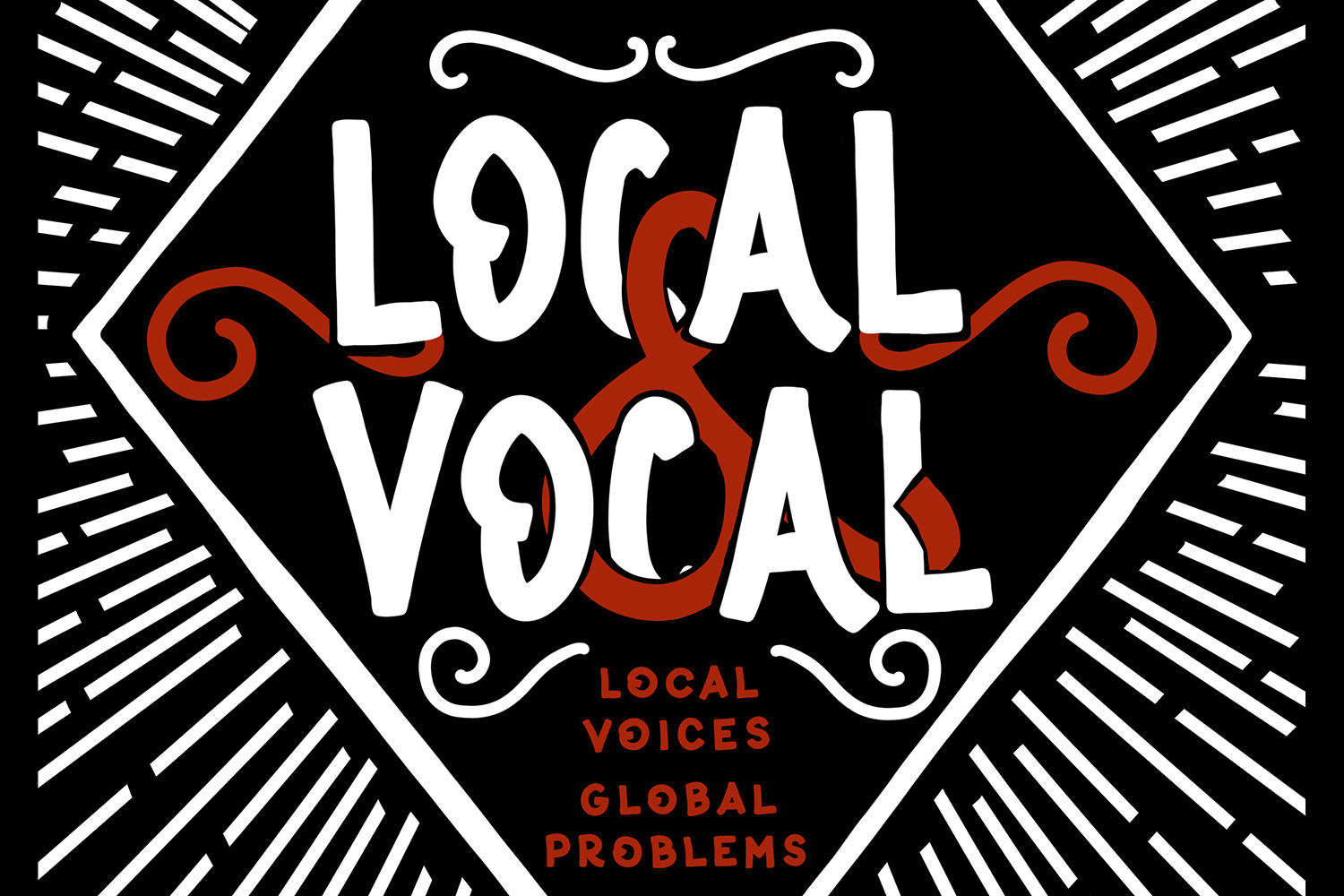By Stan Honn
Change can be hard. It’s also inevitable, and something we should strive to participate in productively.
I’ve lived in Eugene for nearly 50 years and felt it grow and change. We bought a new car about eight years ago and found it cost about double the price of my first house. That tells you something about change.
I’ve also watched with chagrin as Eugene sprawled west and south and north, taking out agricultural land, orchards and open space to build new subdivisions. If we had known then what we know now, could we have done a better job of guiding that change and conserving resources? Perhaps. Some in our community have been sounding the alarm about the present housing crisis for decades. The big and small decisions add up over generations.
So now our community has the opportunity to implement two pieces of historic housing legislation — HB 2001 and SB 458 — which, together, will help steer new housing supply in Oregon toward the needs of a broader range of households and incomes. We know our population will grow over time. That change is inevitable. But the fact is that we have already changed — Eugene’s median home cost was $425,000 in September — and the question is what we will do about it.
Our elected Eugene City Council will ultimately adopt a custom “middle housing code” that meets the state’s requirements for HB 2001, at minimum. If it doesn’t, the state’s model code will go into effect on July 1, 2022. But our City Council can also do more than implement the law’s minimum by actively encouraging more affordable and energy-efficient housing. The vast majority of the public — 82 percent — has already asked them to do this.
We all stand to gain if the result increases the equity of access to long-term and more affordable housing options for a wide cross-section of our neighbors. Simply having more choices will improve our shared circumstances. As we re-legalize more diverse housing types, we are also widening the path to homeownership, and this is a primary means of addressing the racial wealth gap between white and BIPOC neighbors. Increasing the supply of affordable housing options and ending exclusionary zoning are tangible, recommended actions we can take to address persisting inequalities.
This is not, as it has been disingenuously trumpeted, “housing for the rich.” Unless you’re counting seniors, first responders, preschool teachers, clerical staff, medical technicians and social service workers as “the rich.”
No process is perfect, but Eugene’s middle housing work should be commended for its breadth and depth. First and foremost, this process has already engaged a wider range of community members than any previous planning effort. The City Council-appointed Planning Commission directed the city staff to gather input from all sectors of our community, and the staff has done its best.
To guide the development of the draft code, the process included: 741 survey responses, 79 people in community stakeholder groups, 7 sessions with the city’s Equity Roundtable, 19 updates to the Planning Commission and City Council as well as a six-month process with a 29-member, demographically representative, lottery-selected citizen review panel to develop the project’s guiding principles. In late October alone, three 90-minute public information sessions were held.
But a lot has been written in Eugene Weekly’s opinion pages to call this process into question. Beyond the baseless accusation that the public has been ignored, the arguments impugning the middle housing work seem to be relying on misleading information, insults and innuendo.
It’s particularly disappointing to see repeated reference to an overwrought website that, ironically, is inaccurate and blatantly misleading during our fact-based discussions about housing. It’s also particularly disappointing to see neighborhood “leaders” use their bully pulpit to spread disinformation on such a vital topic.
Some people may feel so insulated or unconcerned with community life that they can claim the housing crisis doesn’t exist. Or that its impacts are vastly overstated and, therefore, sensible action is unnecessary. But for everyone else: your thoughtful engagement is needed. The city has created a Middle Housing Code Amendments Fact Sheet, several FAQs, and a Process Guide to support public engagement in this work.
I encourage you to use this information to base our conversations in reality and verified facts. I encourage you to track Planning Commission review and recommendations to the Eugene City Council, follow council deliberations, and to give your input at any step along the way.
Change can be hard, but it’s also a sign of life. All healthy cities, like healthy people, change gradually over time. That will be the result of Eugene’s middle housing code — incremental and meaningful change over time. Let’s not miss this generational opportunity to deliver the best possible outcome for our community.
Stan Honn is a resident of the Friendly Area Neighborhood, his children have attended public schools in Eugene and the University of Oregon, he is an architect and owns a construction firm, and he currently chairs the Committee on Local Affairs for the Eugene Section of the American Institute of Architects (AIA).
